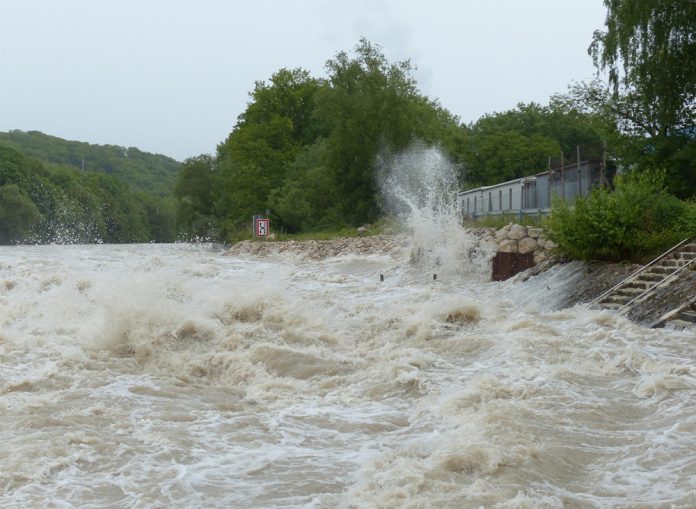Yet another monsoon season, yet another year of witnessing some of the most harrowing climate-driven disasters across Pakistan. Amid overflowing water dams, ruined crops, and millions of rupees of damage each year, climate-induced disasters are becoming a new normal for the country. While discussion around reversing climate change is still in full swing, we need focused and timely measures to counter the current climate risks that threaten the lives of millions year-round.
As the ripple effects of climate change continue to impact the planet, we turn to actuaries to assess mass-scale risks and damage, as well as advise on preventative measures. The actuarial profession is on the front lines of studying the impact of catastrophic climate events and measuring future risk. Through an amalgamation of environmental factors, administrative policies and insurance practices, actuarial data is used to help build resilient communities, future-proof infrastructure, and sustainable economies.
Pakistan needs to utilize this discipline and integrate actuarial knowledge in disaster management, climate insurance, public awareness, and governmental policies. For example, the discussion around climate-related insurance is everchanging and quite complex. However, with the right skillset and accessibility, actuaries, insurers, and policymakers can come together to reorganize, rebuild, and reinforce the country’s most vulnerable geographies and communities. These professions can review building codes, infrastructural anomalies, and tourism cultures in the country’s most at-risk locations. Using tools like satellite images, digital maps, and early warning systems, actuaries can support early emergency planning and raise public awareness about potential dangers. Actuaries can design practical insurance solutions like crop protection or flood coverage that support people and communities most at risk.
Insurance practitioners play a crucial role in safeguarding the local communities’ interests in these scenarios. Farmers face the highest degree of risk across the country, with droughts, flooding, weather patterns, soil erosion, and other environmental dilemmas creating insurmountable challenges every year. Consequently, local communities, small-scale businesses, and microfinance institutes dependent on these farming practices also suffer from unpredictable climate changes.
This poses a massive opportunity for insurers, who can address climate risk with scientific accuracy and provide financial solutions to all stakeholders in any locality.
From crop harvests and water reservation systems to capital investment and development, every major sector in these climate-affected areas needs the expertise of actuaries and insurers to help mitigate risk. As the risk of climate change grows, Pakistan needs to adapt its insurance and scientific models through a dynamic toolkit of STEM, finance, and sociological skills.
Zain Ibrahim (Regional Director, MEASA, Society of Actuaries)


